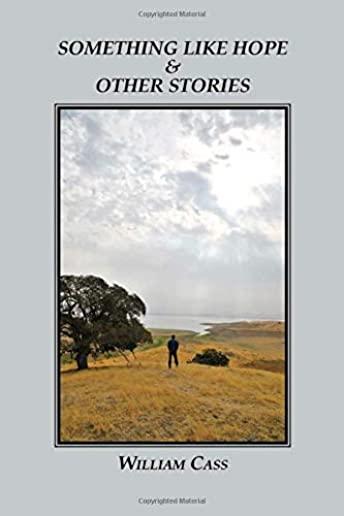
What attaches you to the characters in William Cass's moving first collection of short stories is that they are loving people, emotionally observant and internally responsive to the world around them. Even when isolated, and many of them are, Cass's men and women know what it is to be connected. Even when their setting is bleak-a trailer camp for seasonal workers in Kansas, a small town in Minnesota-and their circumstances constrained-by limited means, education, depression, loss-they are actively seeking the best way to proceed. Young men and women doing mandatory community service help their wounded guard; college boys go to work in a migrant camp picking cantaloupes; a divorced, retired man tends his own loss by caring for his neighbor; a middle-aged café owner models both tenacity and gratitude in her relationships with aging friends, nephews, and incarcerated lover. Cass's characters look out, empathize even if they don't necessarily know how to respond effectively. They feel their failures to connect as losses, thus affirming the value of the effort itself. The characters in these stories are in ways large and small constantly making and remaking their commitment to hope, or something far more like it than not.







